Introducing our Team Members
Principal Investigator
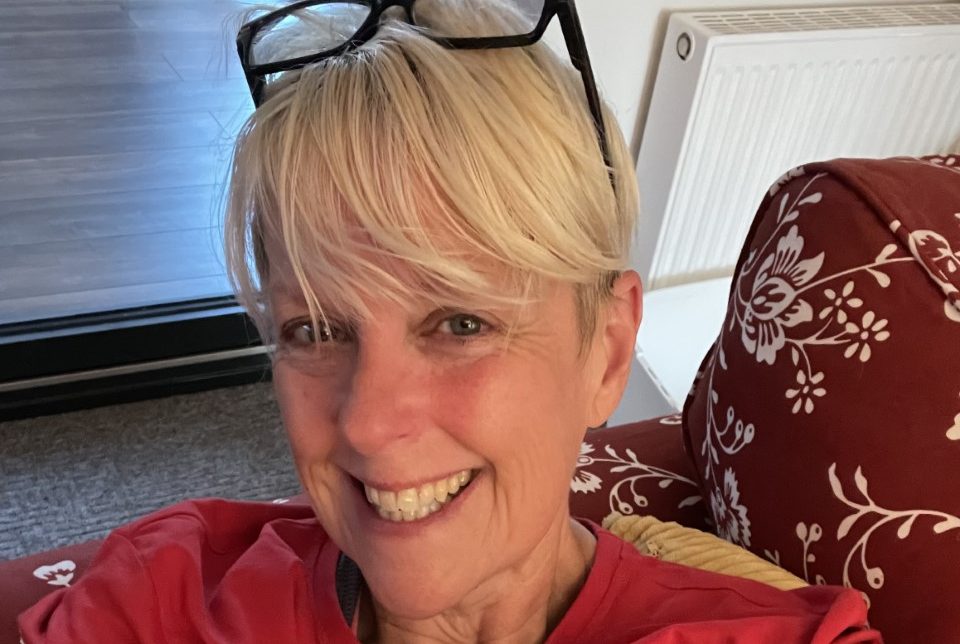
PhD, FRSA, FAcSS
Professor of International Development and Education, School of Education, Communication and Language Sciences, Newcastle University, England
Pauline is a world-class researcher who has established herself as a leading authority both nationally and internationally around grassroots research in the global south that advances knowledge and provides creative solutions in order to solve global problems. Her research is transformative carried out within and between disciplines. Pauline is regarded as a leading global expert by academics and policy makers for her innovative research and engagement in three major areas: the extent and nature of schooling for the marginalised; learning interventions in schools working collaboratively with school stakeholders and communities; interdisciplinary work with a focus on the SDGs.
She is the PI for our project. She was invited to submit written evidence to the All Party Parliamentary Committee (APPC) in January 2021 around “Contraception/Sexual and Reproductive Health and Rights (SRHR) and links to girls’ education in the developing world”. Her written evidence was in conjunction with Anusha Bharadwaj, Executive Director, Voice 4 Girls, India. She was called as an expert witness to provide oral evidence to the International Development Select Committee on the role of DFID funding in schools in the global south in 2017. She was a speaker at the House of Lords around “Education in Emergencies” hosed by Lord Dannatt and chaired by the Rt Hon. Sir Stephen O’Brien KBE.
Co Investigators
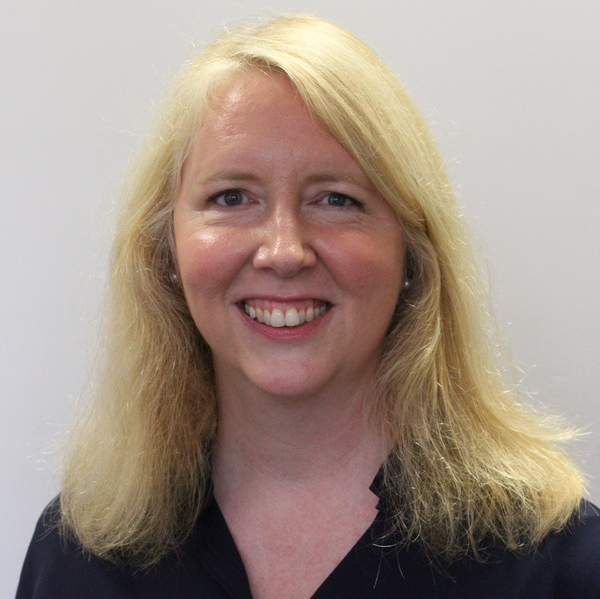
Emeritus Professor and Visiting Researcher, St Mary’s University, London
Kathleen is working at the nexus of development and humanitarian scholarship, policy and practice. Her professional experience has been wide-ranging and varied, including research, teaching, training, programme and project management, policy analysis, partner coordination and advocacy with education institutions, Government, bilaterals (CIDA, SIDA), multi-laterals (UNHCR, UNICEF, UNGEI, European Union) and INGOs (Oxfam Novib, WUSC, British Council). Kathleen’s research interests centre around the sociology and political economy of education and learning within development and humanitarian contexts. Specific themes of interest include identities, inequalities, social exclusion, social cohesion, social mobility, citizenship, inter/intra community relations and institutional power.
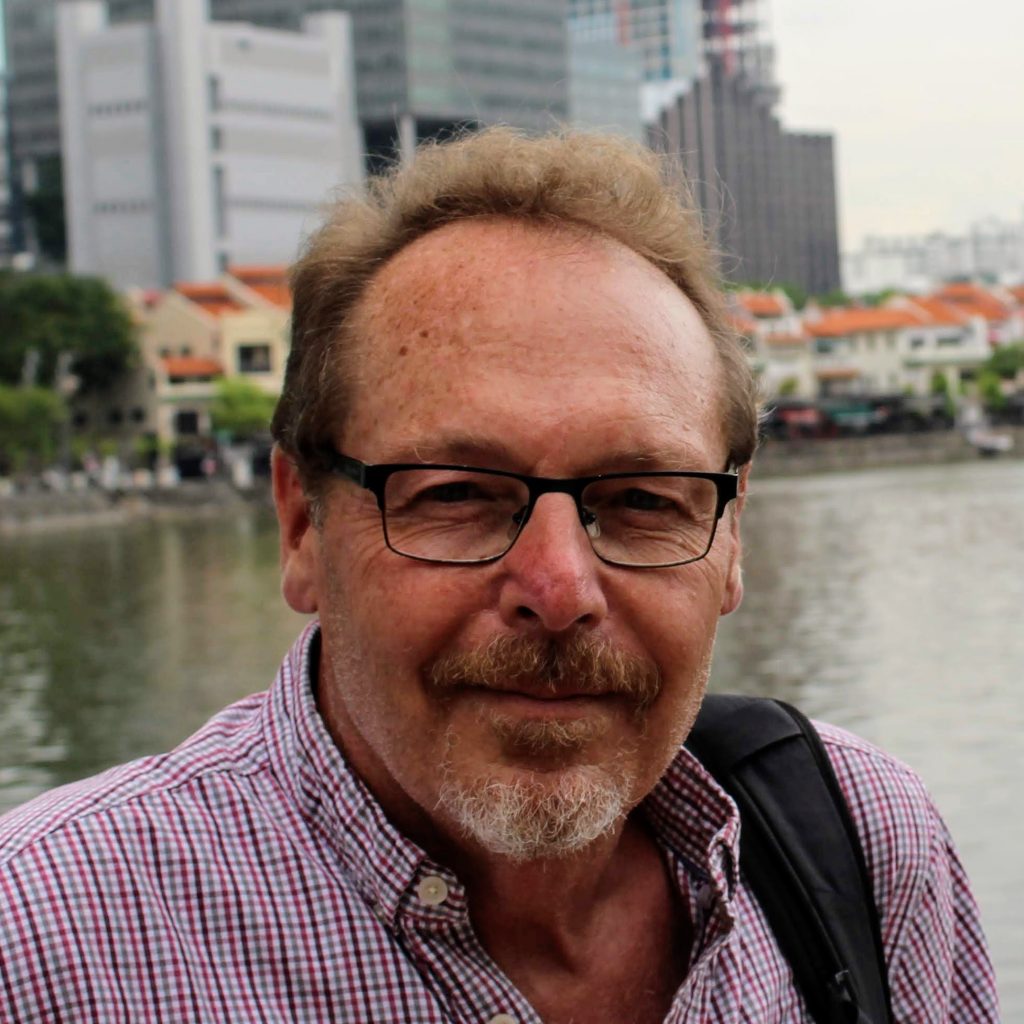
Professor of Ecosystems Engineering, School of Engineering, Newcastle University, England
David is Professor of Ecosystems Engineering and performs applied and fundamental research in engineering, ecology, molecular microbiology, and public health. After eight years in industry, David obtained his PhD in Environmental Engineering from the University of Arizona. Graham was a professor at the University of Kansas for 12 years where he studied relationships between agrochemical use, and water, soil, and food quality, including the fate of antimicrobial resistance (AMR) bacteria and genes. He now works around the world on mitigating the spread infectious diseases, including projects in India, China, Bangladesh, Malaysia, Europe, and the Americas.
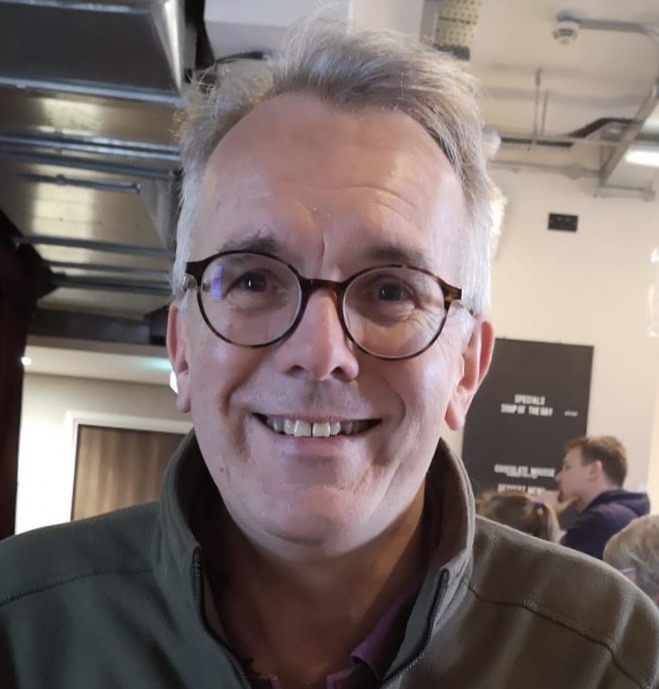
Dr Steve Humble MBE FIMA
Reader in Global Development, Newcastle University, England.
Steve is known for his expertise in analysing data for large samples using advanced statistical techniques. His most recent book Quantitative Analysis of Questionnaires: Techniques to Explore Structures and Relationships. He has published over 30 peer reviewed articles and six books. Steve is currently the Co-Investigator on grants totalling £1 million being carried out in India. His other research includes WASH in schools in Sierra Leone, phonics in government schools in northern Nigeria, HIV stigma in Zimbabwe and coping strategies around COVID-19 in the UK and Asia. He was awarded an MBE in the Queen’s 2015 New Year’s Honours list for his contribution to education, and is a Fellow of the Institute of Mathematics and its Applications.

Professor of Political Economy & Public Policy, Department of Political Economy, King’s College, London
Mark directs the Centre for the Study of Governance and Society. His work takes place at the intersection of philosophy, politics, and economics focussing on the implications of ‘non-ideal’ theorising for the evaluation of alternative governance systems. This approach examines in comparative terms how well or badly different institutions perform in conditions of limited knowledge and when there is the potential for opportunistic conduct. Mark recently completed a John Templeton Foundation project looking at the ‘Ideal of Self Governance’, examining the legacy of Elinor and Vincent Ostrom’s work on the advantages that ‘self-governing’ and ‘polycentric’ forms of governance may have over centralised governance regimes. His module for the Future Learn platform explaining ideas and principles (available here).
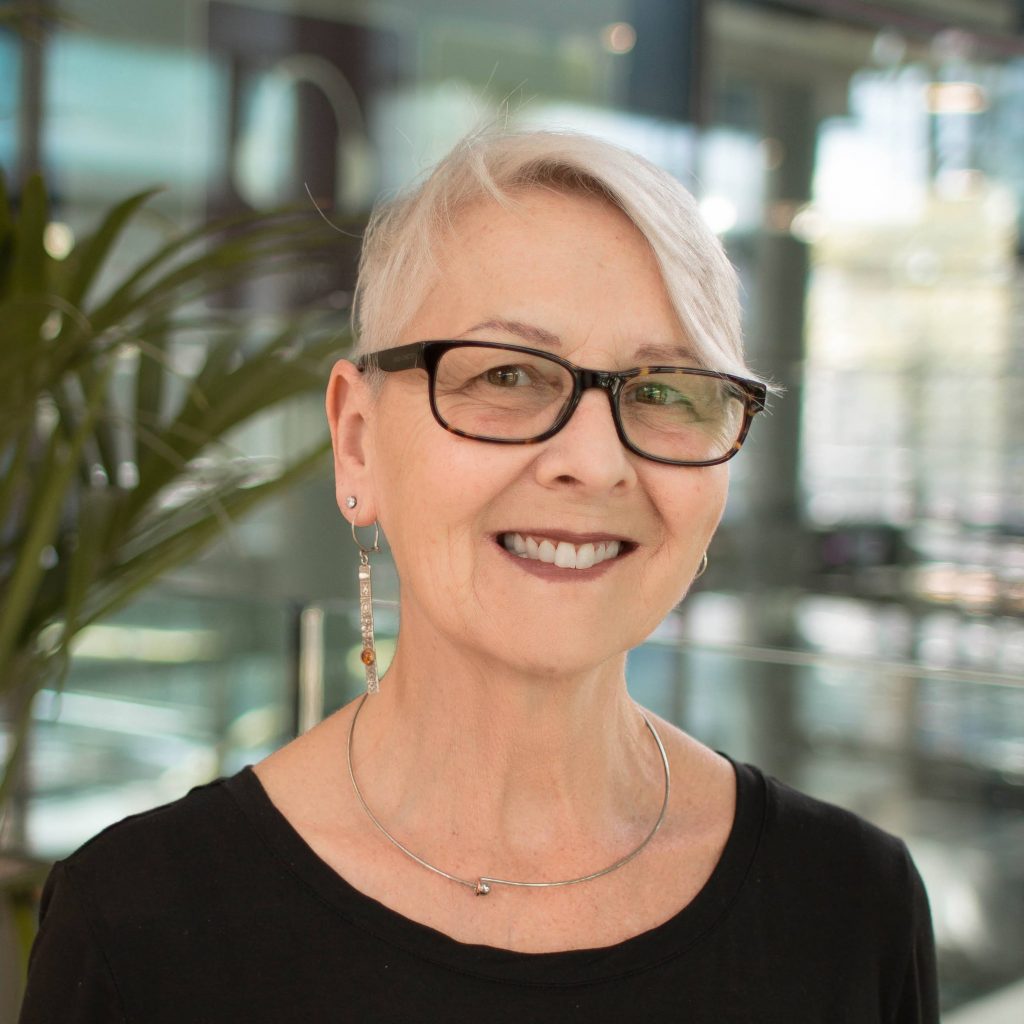
Director of Research, School of Arts and Cultures, Newcastle University, England.
Karen is Professor of Gender and Media at Newcastle University. Her teaching and research are focused on issues of gender, media, politics, ageing and society. She has published numerous papers and books on these topics and her latest (edited) collection, the International Encyclopaedia of Gender, Media and Communication was published by Wiley Blackwell in 2020. She is currently working on several participatory projects including with care home residents and staff around life post-lockdown, with women who have experienced the menopause and women entrepreneurs in India.
In Country Collaborators
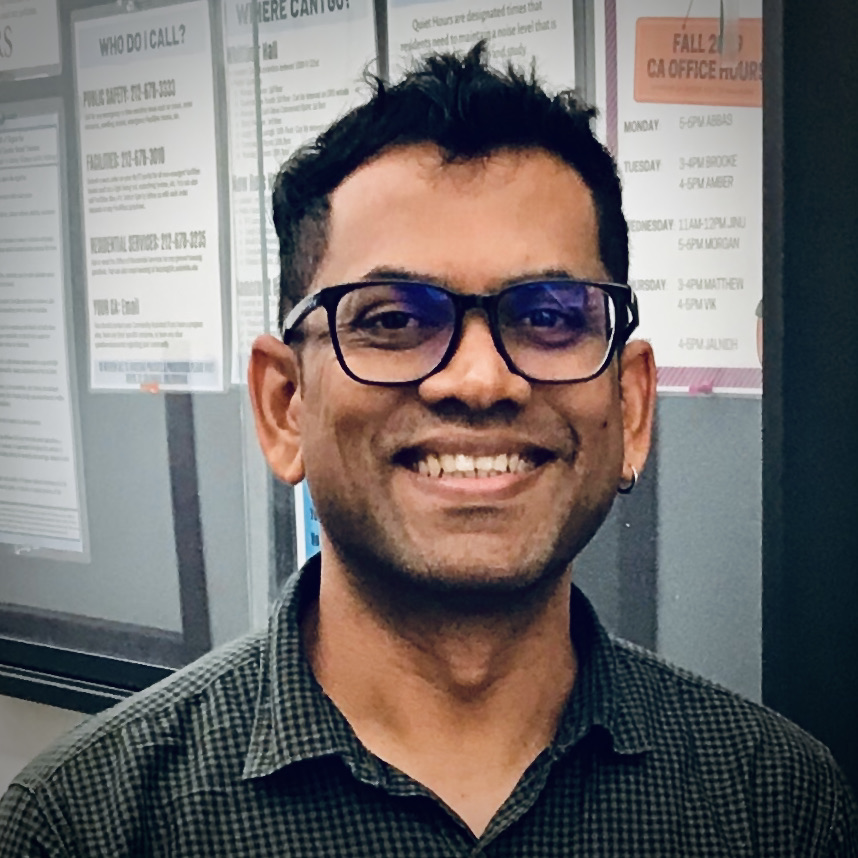
Founder and Director India Institute and Indus Information Initiatives, Delhi, India.
Indus Information Initiatives, is a boutique firm in Delhi specialising in social science field research. Bala is a visiting researcher at Newcastle University. He has an MA in Economics and Education from Columbia University Teachers College, and an LLB from Delhi University Faculty of Law. His research interests include school choice, educational accountability, and rule of law where he employs imaginative investigation and intervention designs to inform policy through new knowledge. He secured a Templeton Freedom Award in 2012 for his work around grassroots education in Bihar. Bala also conceptualised and directed Niti Express, an innovative campaign to spread awareness on personal rights through nano tales that aired on radio in eight cities of India in 2016. He is widely quoted in the media on educational choice and property rights related issues.
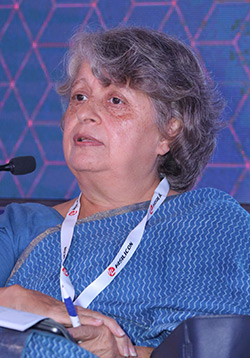
Dr Renu Khosla
The Janya Collective
Renu has worked extensively on issues of socio-economic poverty linkages along with equity and access of services for the poor. She has primarily been involved in creation of sustainable partnerships amongst government agencies, donors, research institutions and NGOs at the national and international level. She has managed and provided inputs to numerous programmes of Government of India and multilateral and bilateral agencies including DFID, ADB, Water AID, AusAID, USAID and UNICEF.
Renu Khosla holds a M. A. in Child Development and Ph.D. in Home Science – Community Resource Management & Extension from University of Delhi. She also holds Bachelor’s degree in Social Science in Child Development.
Research Associates
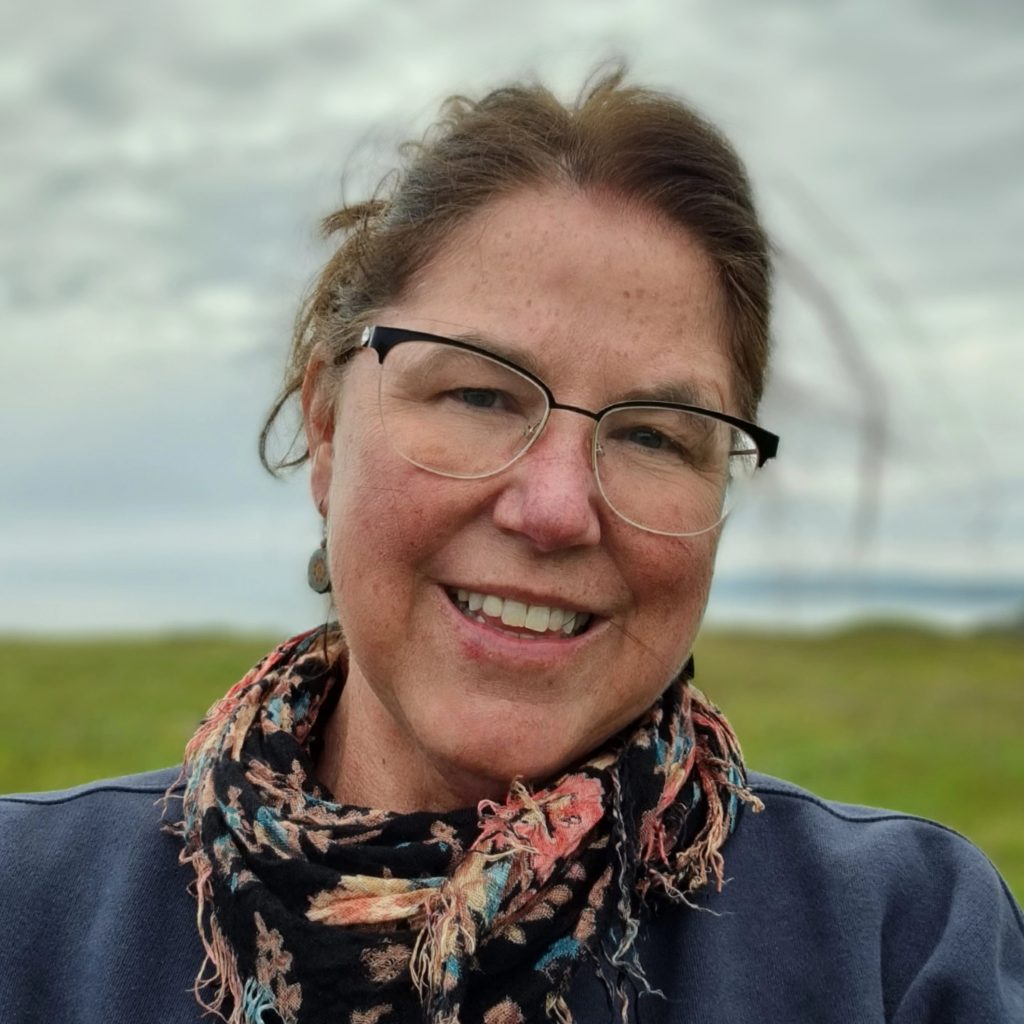
Education, Communication and Language Sciences, Newcastle University, England.
Myra is an anthropologist, employed as a Research Associate. Her background is diverse with experience working with Native Americans on matters of repatriation; curating and researching human remains, including evidence of health and disease pathways; managing and increasing access to heritage assets, like open-air rock art; and identifying cultural variable that influence the take-up of new technologies. She has published and taught courses on these and associated topics. Drawing on her varied experiences, her involvement on Empower is to contribute to the sociocultural side of the project, while integrating it with the environmental side.
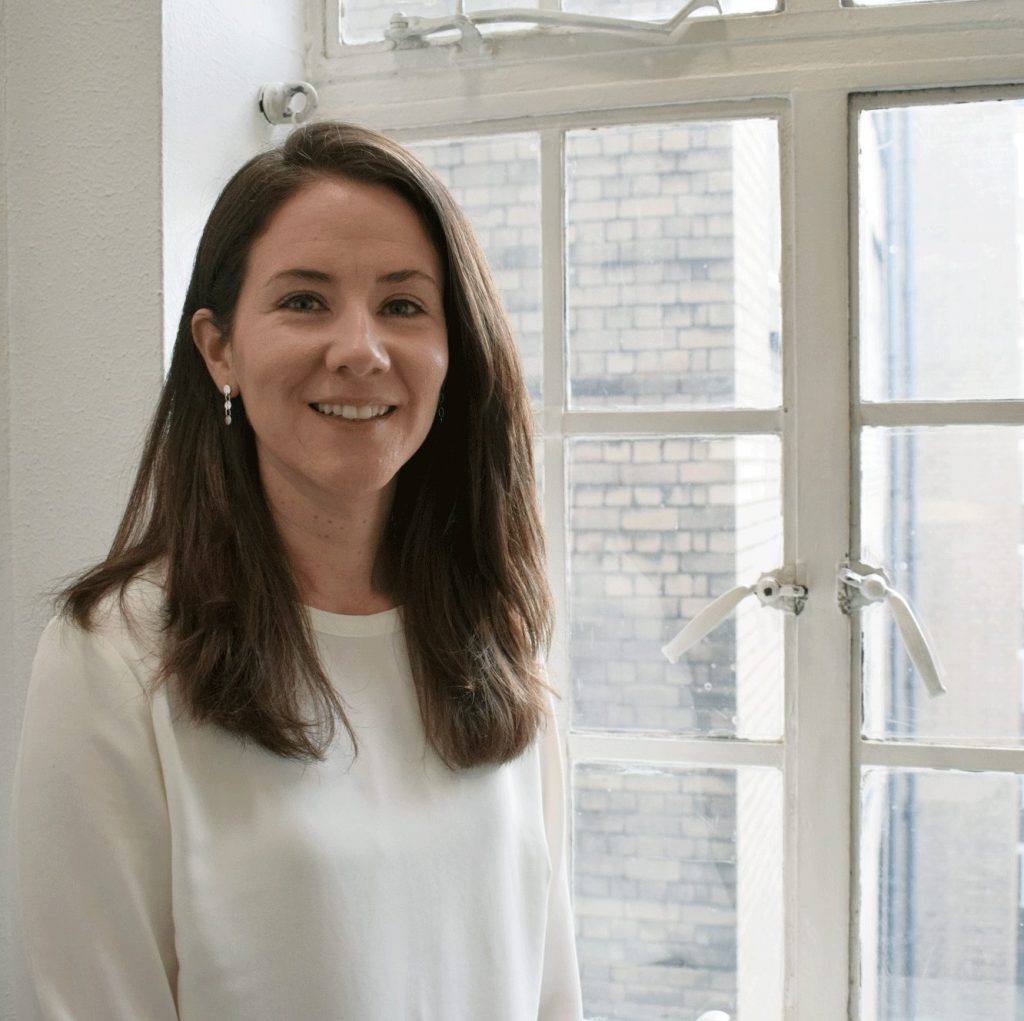
Dr Amy Smail
Cambridge University, Cambridge, UK
Amy has extensive experience working as a researcher and consultant on informal education for out-of-school children in urban poverty including Mumbai, India. Currently completing her PhD on teachers’ views on citizenship in the city of Accra, Ghana, her research interests include identity politics and its impact on access to and participation in basic education in urban slums. Within Empower, Amy will work on the themes of youth, education, and gender with Kathleen Fincham.
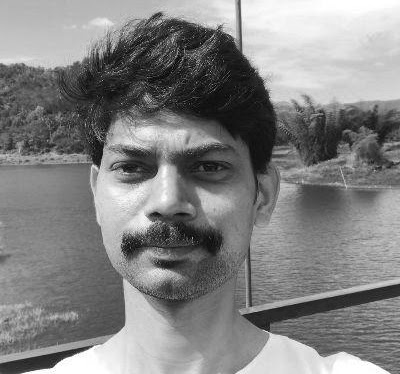
Pranav Singh
Pranav has over ten years experience in the development sector, where he champions many marginalised community upgrading projects for national and international donors. He conceptualised Sanman and lead the development of Urbgov, a spatial tool to aid cities to plan and monitor their services more effectively and efficiently.
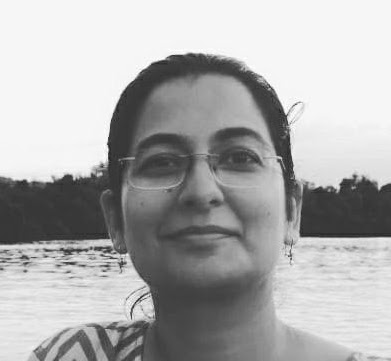
Shveta Mathur
Shveta is an architect and urban planner with more than 20 years experience managing urban projects, conducting research and teaching. She is well versed with planning theories and techniques, and able to use mapping tools such as GIS. She is experienced in drafting policy and strategy level documents and engaging with government stakeholders in order to carry out impactful grassroots development.
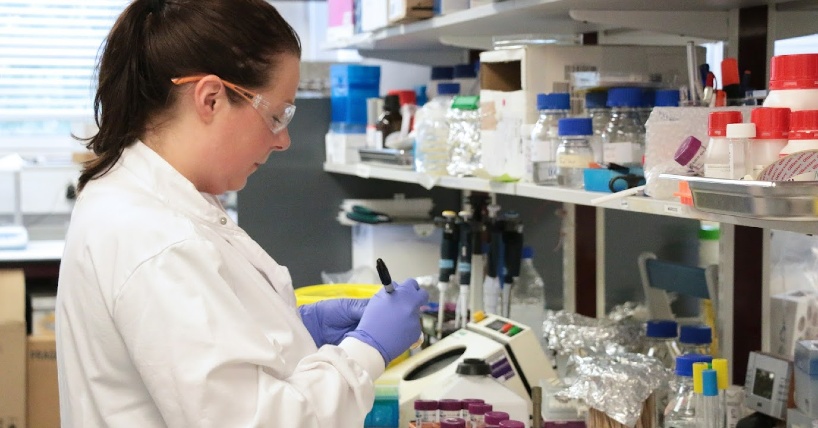
Engineering, Newcastle University, England.
Kelly began her career working with enteric bacteria, using molecular microbiology tools to understand how these bacteria interact with their host. Since joining the Environmental Engineering group at Newcastle University she has adapted her skills to use microbiology to address environmental issues that connect both human and environmental health. Her current research focus is the use of wastewater-based epidemiology (WBE) as a tool for health protection, including in the surveillance of COVID-19.
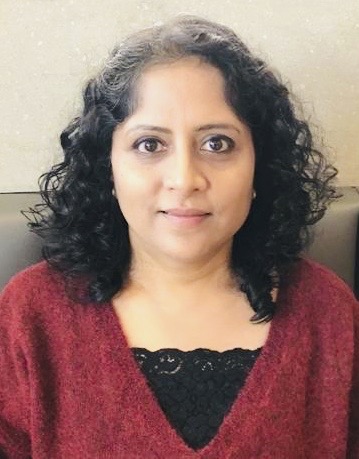
Dr Shalini Bhorkar
Centre for Research into the Education of Marginalised Children and Young Adults (CREMCYA), St Mary’s University, London.
Shalini research interests are around policy planning, implementation and governance. Her PhD from the Institute of Education, University College London, took a political economy approach to explore the linkages between informal private tutoring and formal schooling in the context of India. She is interested in the affect privatisation of education has on schooling in marginalised communities.
